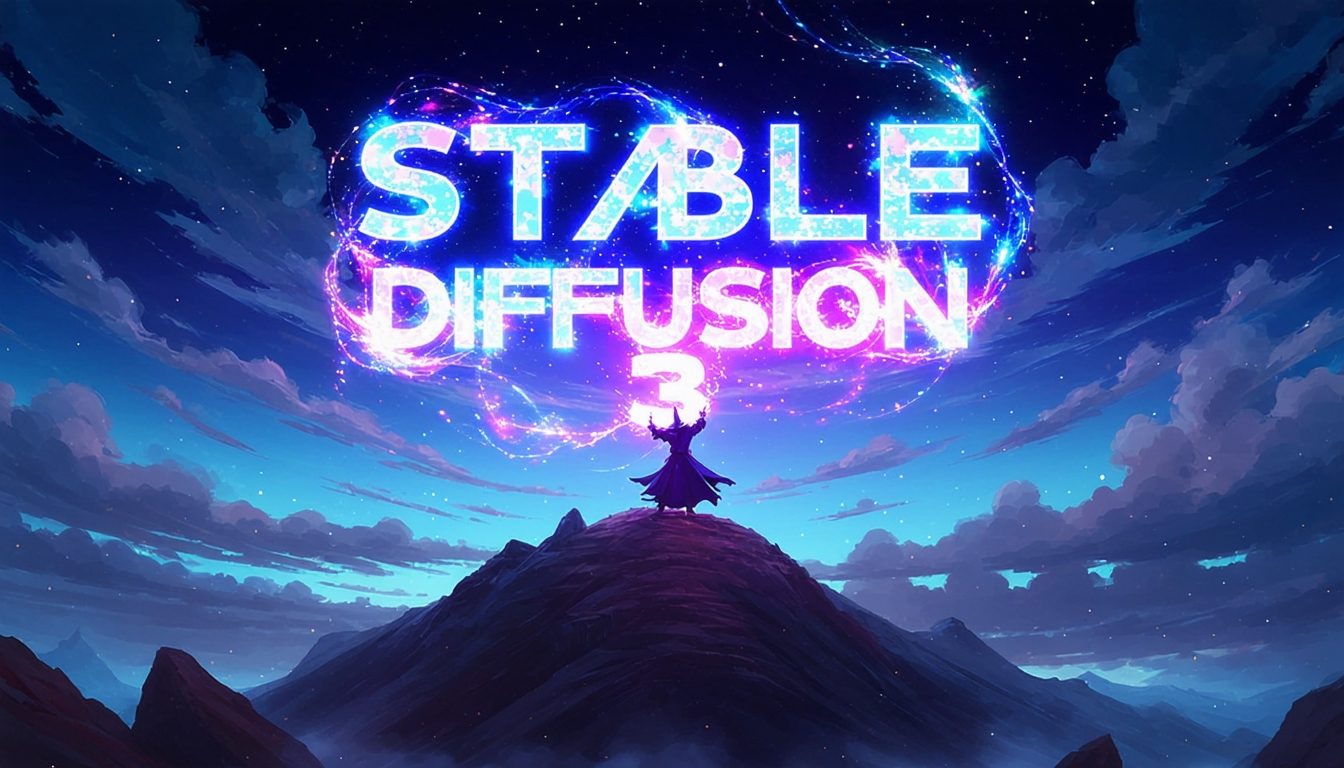Diffusion Models: From Noise to Reality
Creating realistic images or text with machines has long been a goal in artificial intelligence. Diffusion models, a unique approach, are making waves for their ability to generate high-quality data by essentially reversing a noise-adding process.
out of this world
4 min read

The Diffusion Process: Adding Noise, Not Subtracting Information
Imagine starting with a clear picture and gradually adding static until it becomes unrecognizable noise. That's the core idea behind diffusion models. They train on real data by progressively adding noise to it, step by step. The model then learns to reverse this process, taking the noisy data and returning to the original clear image.
The Power of Reversal: Learning from the Noise
Here's the twist: during training, the model doesn't see the original clear image at every step. It only sees the noisy versions and learns to remove the noise effectively. By going through this "denoising" process, the model captures the underlying structure and patterns of real data.
Generating New Data: Starting from Scratch with Noise
Once trained, the diffusion model can perform the opposite task: generate entirely new data. It starts with pure noise and iteratively removes the noise, essentially reversing the steps it learned during training. This allows the model to produce realistic images, text, or even audio that closely resembles real-world data.
Advantages of Diffusion Models:
- High-Quality Generation: Diffusion models excel at producing detailed and realistic outputs compared to traditional generative models.
- Interpretability: The denoising process offers a level of interpretability, allowing researchers to understand how the model arrives at its outputs.
- Diverse Applications: The ability to generate various data types makes them applicable in tasks like image editing, text-to-image synthesis, and creative content generation.
The Future of Diffusion Models
Diffusion models are a rapidly evolving field. Researchers are exploring ways to improve their efficiency, handle different data types, and enable even more creative control over the generation process.
As diffusion models continue to develop, they have the potential to revolutionize various fields, from creating new forms of art and media to aiding scientific discovery through data generation.
ML
Generative-Ai
Deep-learning
Transformers